The SNP is, by definition, ideologically nationalist, but much of its recent electoral success has also been rooted in its populism.
First Alex Salmond, then Nicola Sturgeon, always made sure the Nationalists were, as much as possible, on the side of Scottish popular opinion.
They rarely went against the grain, and the voting public thanked them for it.
This was the extent of Humza Yousaf’s ideological inheritance, and it is one that is proving increasingly impossible to maintain.
On a plethora of issues – from gender reform, to oil and gas, to taxation – he is finding himself in a minority view, and the voting public are increasingly showing their discontent in polls and even at the ballot box.
As SNP leader, it seems Yousaf is rapidly becoming a unique political phenomenon – the unpopular populist.
Let us take the issue of taxation, for instance.
Yousaf has found himself in the unenviable position of having to plug a black hole of up to £1.5 billion in the Scottish Government’s finances.
Of course, his decision to grant generous pay settlements to public sector workers – all to avoid politically awkward strike action – has exacerbated the situation, but this shortfall is more the fault of his predecessors than it is his own.
Nevertheless, his response – apparently to introduce a new income tax threshold – is wildly unpopular.
Polling has persistently shown people in Scotland are reticent about further tax divergence with the rest of the UK, and this is likely to be particularly true when new taxes hit people such as senior teachers.

Equally, Scotland’s captains of industry are also deeply concerned about the impact of the proposals on their ability to attract and retain talent in Scotland.
Some on Scotland’s hard left will, of course, be delighted, but this is very much a minority view.
The particular difficulty for Yousaf here is that these taxes are not going to be spent on anything new or tangible or popular.
Were they being introduced, for instance, to cover a new child benefit, then they might prove more palatable – but they are not.
Instead, new taxes are being spent on plugging holes in existing budgets, not on a welfare bonanza.
As such, under the SNP Scotland is increasingly looking like Scandinavia without the social services – or, perhaps more fittingly given the time of year, Lapland without Santa Claus. Such a reality is not good, and it certainly is not popular.
These errors of political judgement are not confined to taxation, however.
Yousaf is said to be considering a further legal challenge to the UK Government’s block on the Gender Recognition Reform Bill.
This debacle has already cost taxpayers hundreds of thousands of pounds, and a new appeal would cost even more at a time where budgets are already constrained or cut.
Again, this might be politically prudent were the cause a particularly popular one, but it is not.
It is totemic only for a small number of people, with the vast majority of the public weary of the entire debate.
Perhaps, given the dire circumstances, there is no popular route out of the current crisis facing the SNP administration, and it is certainly difficult to see how the government can balance the books without new taxes and significant spending cuts.
Nevertheless, it is clear that the days of the SNP following public opinion are now over, and that is now having to take decisions that go very much against the grain.
In doing so, it is ditching a mantra that has been responsible for much of its electoral success, and that is a big moment in Scottish politics.
What does Andrew think the next year will bring in politics?
This week marks a year since I (re)joined the esteemed pages of The Courier as a columnist – and, my goodness, how much politics has changed over the last 12 months.
In my first column, I argued that Nicola Sturgeon should be excluded from televised general election debates if she tried to use that vote as a de facto referendum.
A year on and Sturgeon is not only no longer first minister and SNP leader, but the notion of a de facto referendum is finished.
Indeed, when I wrote my first column 12 months ago, the SNP’s dominance of Scottish politics still seemed assured. Now, of course, it is anything but.
All this makes me wonder what could happen in the next 12 months. I will steer clear of predictions, but – with a general election almost certain in that timeframe – it seems likely we will once again see major change.
The Labour Party may well be back in power at a UK level, and back in business at a Scottish level.
Humza Yousaf may well not be First Minister, and the SNP may well be in disarray. Whatever happens, it’s going to be fun – and another good year to be a newspaper columnist.
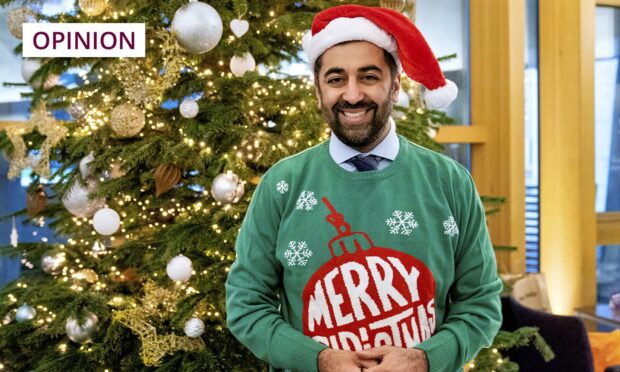

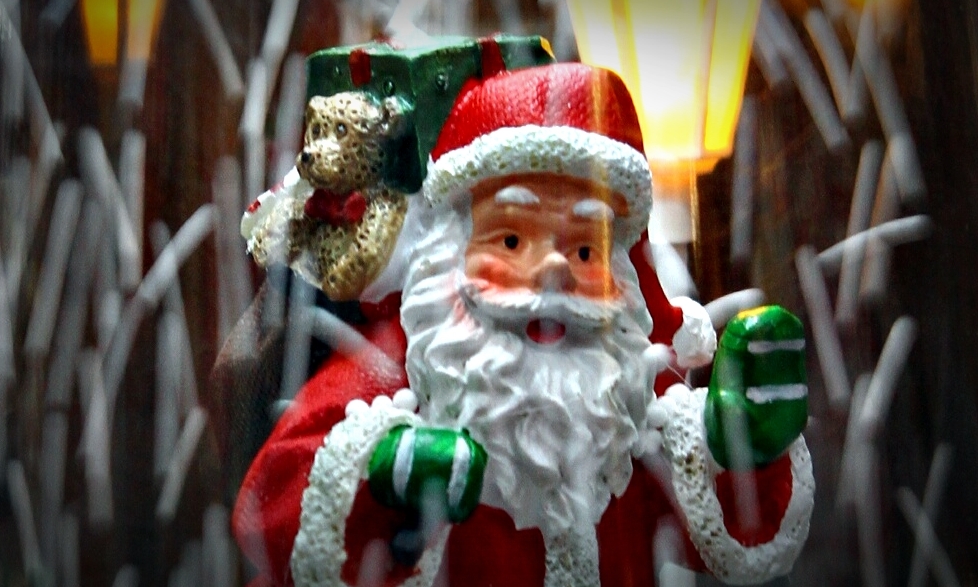

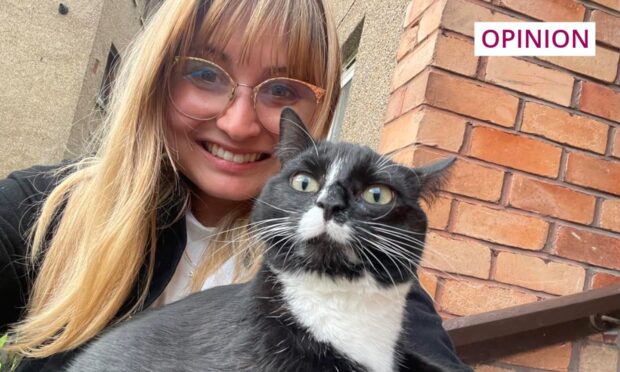


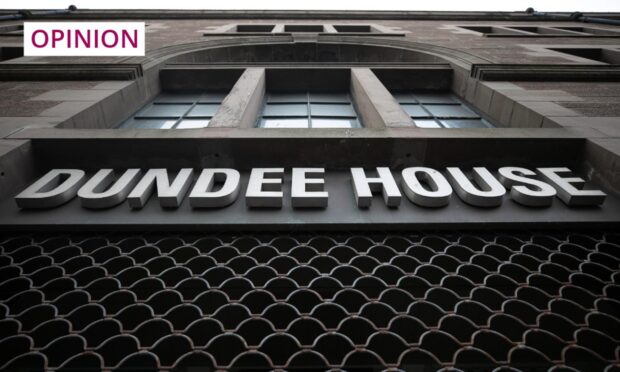
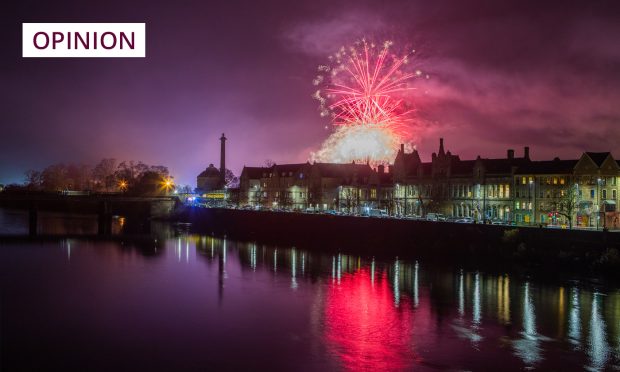
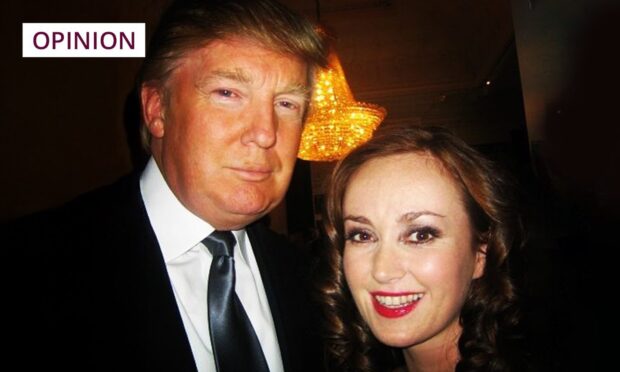
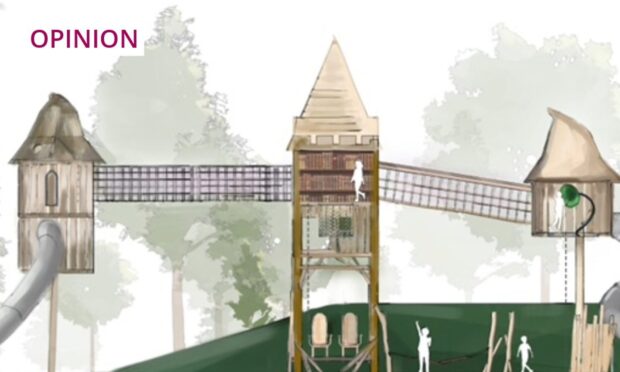
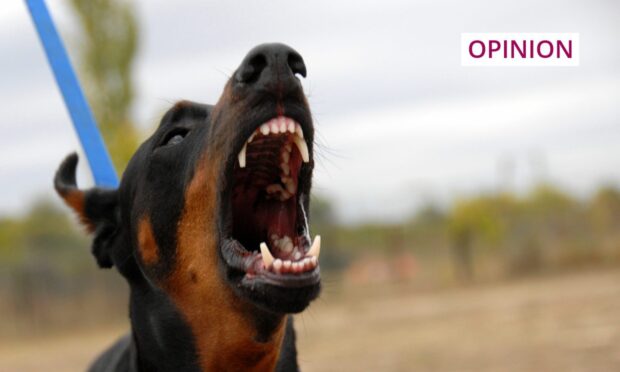
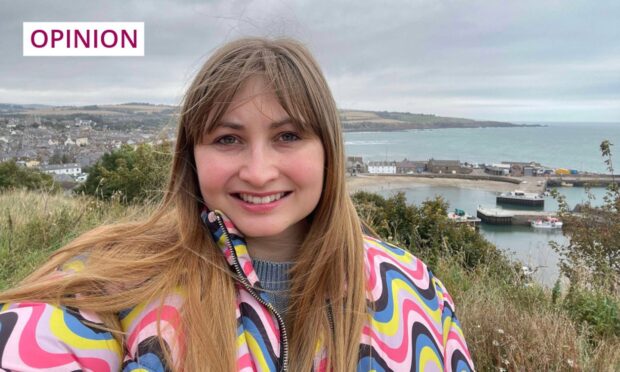
Conversation